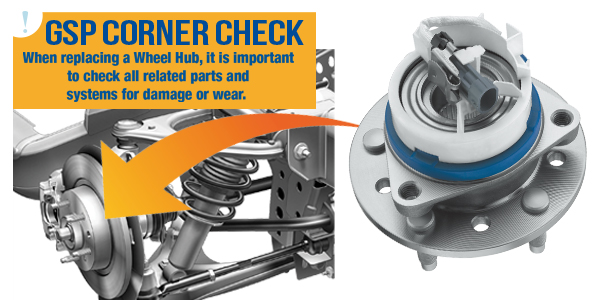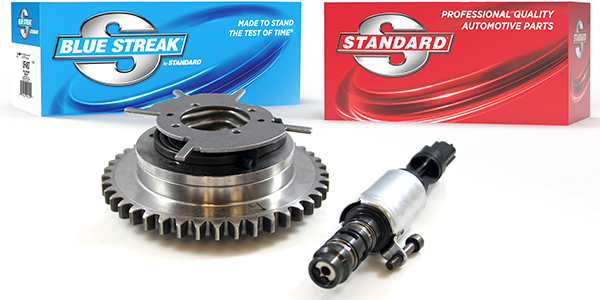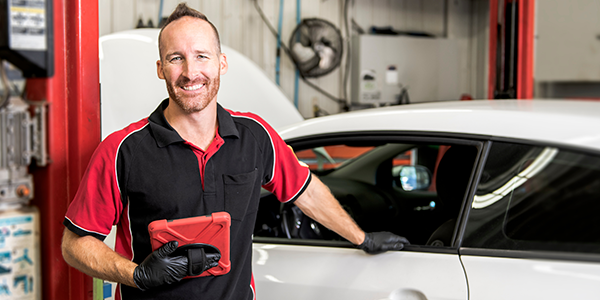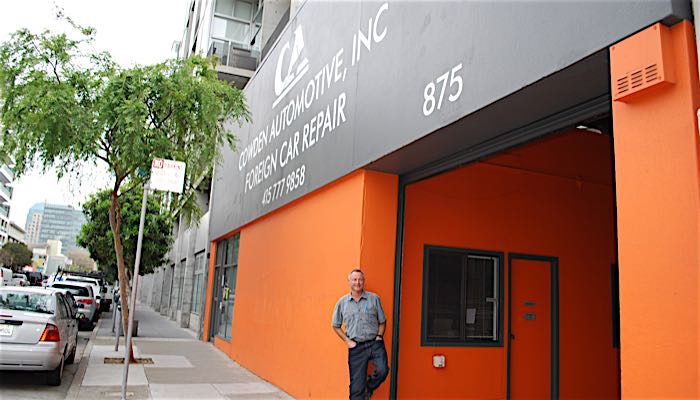The U.S. Department of Labor’s Occupational Safety and Health Administration (OSHA) has proposed issuing an interpretation of the term “feasible administrative or engineering controls” as used in the General Industry and Construction Occupational Noise Exposure standards, and intends to modify its current enforcement policy according to the interpretation. Under the standard, employers must use administrative or engineering controls rather than personal protective equipment (PPE) to reduce noise exposures that are above acceptable levels when such controls are feasible. OSHA proposes to clarify that “feasible,” as used in the standard, has its ordinary meaning of “capable of being done.” Comments are open for submission on or before Dec. 20, 2010.
OSHA’s early interpretive guidance in 1975 of 29 CFR 1910.95 (b) (1), the Occupational Noise Exposure regulation, indicated that feasible engineering or administrative controls must be used to reduce noise to acceptable levels and that PPE must be used as a supplement when such controls are not completely effective in achieving this objective. Years later, OSHA issued citations to employers for failure to use affordable engineering and administrative controls to reduce noise levels. The Occupational Safety and Health Review Commission issued a series of decisions swinging back and forth between a cost-benefit interpretation of economically feasible controls and a broader, plain-meaning definition of the term as “capable of being done.” The Commission ultimately settled on the cost-benefit interpretation. Although OSHA has not changed its interpretation of the standard, its enforcement policy since 1983 has allowed employers to rely on a hearing conservation program based on PPE if such a program reduces noise exposures to acceptable levels and is less costly than administrative and engineering controls.
The Supreme Court has held that the term “feasible,” as it is used in the provision of the Occupational Safety and Health Act, has the plain meaning of “capable of being done” and does not permit cost-benefit analysis. The Supreme Court, through its analyses, concluded that Congress’ use of the word feasible “defined the basic relationship between costs and benefits, by placing the ‘benefit’ of worker health above all other considerations save those making attainment of this ‘benefit’ unachievable.”
OSHA’s current enforcement policy virtually eliminates the requirement to use administrative or engineering controls since such controls almost always cost more than hearing protectors. OSHA now proposes to interpret the term feasible administrative or engineering controls as “capable of being done” or “achievable,” and proposes to consider administrative or engineering controls economically feasible if they will not threaten the employer’s ability to remain in business or if the threat to viability results from the employer’s having failed to keep up with industry safety and health standards. OSHA further intends to change its enforcement policy to authorize the issuance of citations requiring the use of administrative or engineering controls when these controls are feasible in accordance with this interpretation.
To view the full text and history of the regulation, the OSHA release, or any further information regarding the noise exposure standards, visit ASA’s legislative website at www.TakingTheHill.com.
The Automotive Service Association is the largest not-for-profit trade association of its kind dedicated to and governed by independent automotive service and repair professionals. ASA serves an international membership base that includes numerous affiliate, state and chapter groups from both the mechanical and collision repair segments of the automotive service industry. ASA’s headquarters is in Bedford, TX.
ASA advances professionalism and excellence in the automotive repair industry through education, representation and member services. For additional information about ASA, including past news releases, go to http://www.ASAshop.org, or visit ASA’s legislative website at http://www.TakingTheHill.com.





